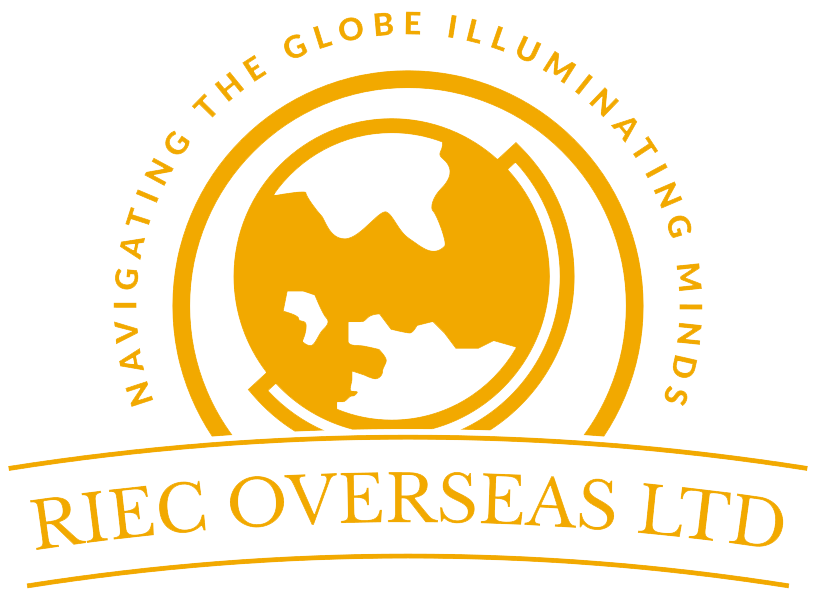Financial Study in Australia
Here’s a comprehensive guide for all International students who want to study in Australia.Study in Australia
Standing proud with 7 of the top 100 universities in the world, Australia is much more than just kangaroos. An increasing number of Indian students are opting for Australia to study abroad for its world-class education, post-study work opportunities and excellent quality of living. Whatever course you choose to undertake, you’ll be assured of unbeatable academic excellence and support system for international students.
How much will it cost to study in Australia?
| S.no. | Study Program | Average fees in AUD* |
| 1. | School | $7,800 to $30,000 annually |
| 2. | English language studies | $350-450 weekly (varies as per course length) |
| 3. | Vocational Education and Training (Certificates I to IV, Diploma and Advanced Diploma) | $4000 – $22,000 annually |
| 4. | Undergraduate Bachelor’s degree | $15,000 – $35,000 annually |
| 5. | Postgraduate Master’s Degree | $20,000 – $42,000 annually |
| 6. | Doctoral Degree | $20,000 – $42,000 annually (attractive scholarships up to 100% available with living grants on meeting the university requirements) |
Top Courses to Study in Australia

Business Administration

Architecture

Information Technology

Accounting and Finance

Hospitality and Tourism

Engineering
Why study in Australia?
There are abundant reasons why students choose Australia, which one is yours?
Why study in Australia?
There are abundant reasons why students choose Australia, which one is yours?
Popular destination among International students
Its quality of education, variety of courses to choose from, and post-study work opportunities make it one of the most desirable destinations among Indian students. When you opt to study in Australia, you get to choose from 22,000 courses available in 1,100 universities and institutions, acquire globally-recognised degrees, explore various scholarship opportunities and receive education from the best instructors in the world.
Internationally accredited qualifications
Rights for international students
You can’t beat Australia when it comes to implementation of rights and consumer protection. It has the most rigorous consumer protection for international students. As per the Australian Education Services for Overseas Students (ESOS) Act 2000, all programs that are offered to overseas students meet stringent government regulations.
Lingual diversity
Australia offers an unsurpassed international exposure with the world’s highest proportion of immigrants in a developed country. You’ll find over 200 languages and dialects being spoken in Australia. Not only this, you can spot a decent crowd of Indians to interact and celebrate local festivals with. New South Wales has 95,387 people of Indian descent, Victoria has 111, 787 and Queensland houses 30,259 Indian Australians* (stats subject to change). Other ethnicities you’ll come across in Australia include Italians, Greeks, Arabs, and Chinese. Languages from all these regions are widely spoken in Australia, making it one of the most diverse nations in the world.
Financial assistance from the government
As an International student, you can remarkably reduce your tuition fee costs by applying to ample scholarships, grants and bursaries, given that the Australian government spends over £200,000,000 annually on international scholarships. This ensures that even the students with humble backgrounds are able to experience a world-class education without having to worry about funds arrangement. While most scholarships cover tuition fee, students enrolling for research programs may also be able to get their living expenses covered.
A good academic score is generally the most important factor, but extracurricular activities and volunteering can also be used to advantage.
A land of noble laureates
15 of Australia’s scientists have been awarded a Noble prize for their contribution in various fields which reinstates the quality of education and research opportunities available in Australia. Over 1 billion people in the world are dependent on innovations and discoveries made by Australia. The country is known for its research in IVF, cervical cancer vaccination, penicillin, ultrasound, the Bionic Ear, Black Box Flight Recorders and more. Indian students seeking research prospects can expect endless support from the Australian government for their projects in terms of funding, providing the best guides, labs and facilities.
Incomparable quality of life
Given the quality of life and five of its major cities – Sydney, Melbourne, Perth, Brisbane and Adelaide making it to the most liveable places in the world**, Australia attracts many students from all over the world for pursuing their higher education. The overall standard of living in Australia is unparalleled with its world-class infrastructure, quality medical and healthcare facilities, strong network of technologically advanced transportation, and reasonably affordable housing.
Easy to work after completion of your studies
All Indian students with subclass 500 are allowed to work for 20 hours per week and full-time during the weekend. Moreover, you can apply for a subclass 485 temporary graduate on completion of your studies that will allow you to remain and study/work further in Australia. When you choose to study in Australia, you choose excellent industry experience and an open work culture.
Easy to work after completion of your studies
Women in Australia got the right to vote in 1902, second after New Zealand.
Over 80% of its population lives within 100 kilometres of the coast which makes it the most urbanised coastal dwelling populations
You’re more likely to spot a sheep than a person in Australia. After all, it houses three times more sheep than people.
Looking for a mail box near you? The Great Barrier Reef has one!
Heard about Banana Benders? They are the people from Queensland.
Do you know Australia has the largest public tram system in the world?
4 out of 10 Australians are migrants.
The sports capital of the world has 70% of its total population participating at least once a week in a particular recreational activity or sport.
526,932 international students from over 90 countries








